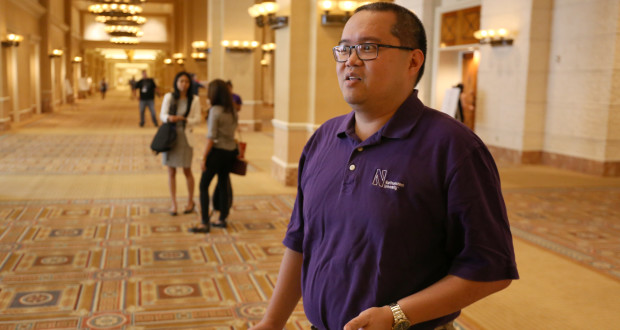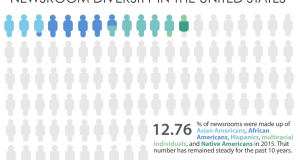Blackjack tables, slot machines and poker rooms fill Las Vegas’ world-famous casinos, but Nevada residents aren’t allowed to play one of the fastest-growing games in the country: daily fantasy sports.
The state ruled in late 2015 that daily fantasy sites—where players pick teams of professional athletes and compete in online games for cash prizes—would have to obtain a gambling license to operate in the state. Since the ruling, two of the industry’s leading companies, Boston-based DraftKings and New York’s FanDuel, have not applied.
“The regulations are too onerous and don’t fit the fantasy sports industry,” says Fantasy Sports Trade Association chairman Peter Schoenke.
Industry analysts said the operators are hesitant to apply for a gambling license in states like Nevada and New Jersey—which also imposed gambling-like regulations on the industry earlier this year— because it would only heighten concerns that the companies are essentially unregulated sports betting operations.
“If they go and apply for a gambling license in Nevada, that’s a bad look for them,” said Dustin Gouker, managing editor for Legal Sports Report, a Nevada-based gambling publication.
Daily fantasy sports, a variation of traditional season-long fantasy sports that sprung up in recent years, has branded itself as a nongambling entertainment option that has the potential for thousands of dollars in cash prizes.
“It’s just more opportunities for people to play and it provides instant gratification,” said James Quintong, fantasy sports editor for ESPN, the sports empire that’s also a major player in fantasy sports. “With traditional season-long fantasy, you don’t reap the rewards until the end of the season, but with daily, you’re getting it the next day.”
But last October, Nevada’s Gaming Control Board chairman A.G. Burnett declared daily fantasy a “sports pool” under state law, meaning operators would have to apply for and receive a gambling license just like casinos that offer sports betting.
“Sites didn’t want to go through the licensing process, so pretty much everybody pulled out,” Gouker said.
While Nevada isn’t the largest market for daily fantasy sports, the state had been crucial to the industry because it served as a high-profile venue for its major tournaments and events, among other benefits, Schoenke said.
Meanwhile, the Fantasy Sports Trade Association, which represents DraftKings, FanDuel and other operators, is fighting to keep the industry legal in other states as lawmakers are taking a harder look at its legality.
Policymakers are wrestling with whether to consider daily fantasy sports more of a game of luck that falls under stricter gambling regulations, or more of a game of skill that would call for less regulation.
Daily fantasy operators do not operate in at least nine states, according to Legal Sports Report: Washington, Idaho, Montana, Delaware, Nevada, Arizona, Iowa, Louisiana and Alabama.
But New York, Colorado, Kansas, Missouri, Massachusetts and Virginia are among those who have created new regulatory regimes, such as registration requirements and fees, while not requiring gambling licenses.
Schoenke expects that trend of legalization to continue as lawmakers become more educated.
Thomas is a sophomore at the University of Missouri.
 VOICES Publishing from the AAJA National Convention
VOICES Publishing from the AAJA National Convention








